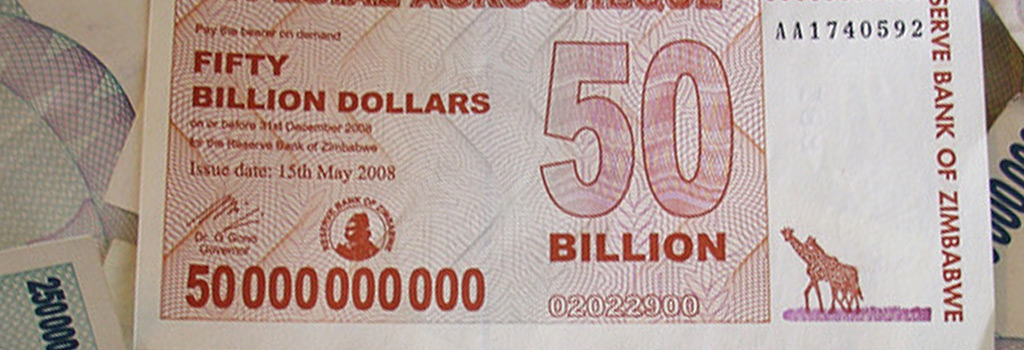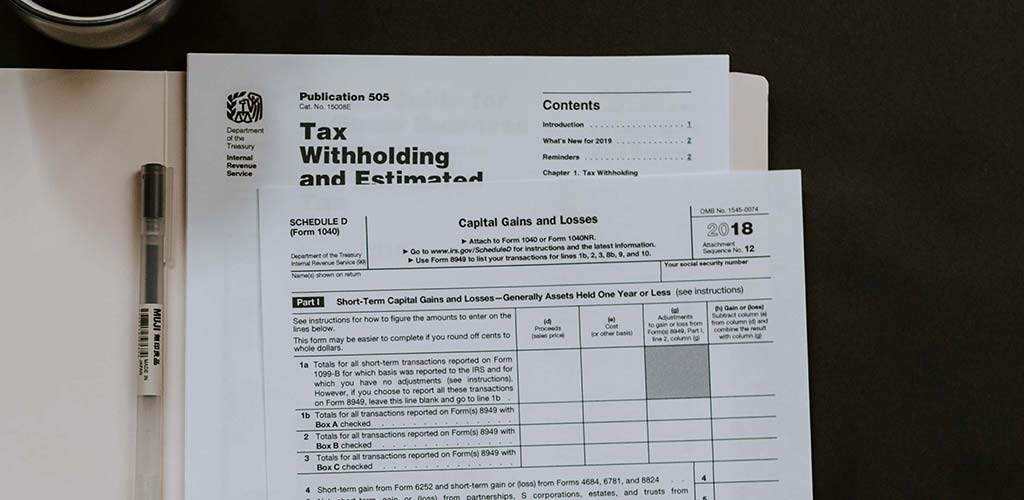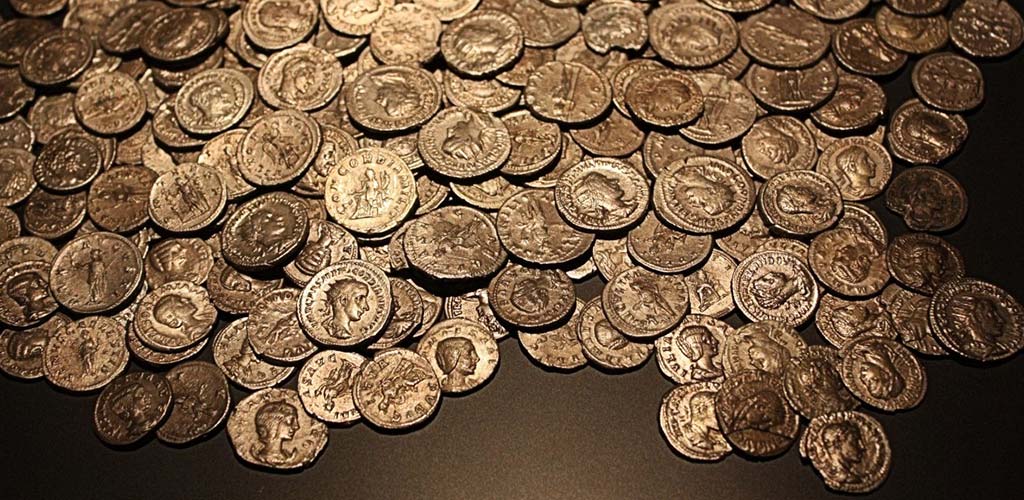
Research & Blogs

The Inevitability of Inflation: Gold Offer an Extraordinary Alternative
Inflation in certain circumstances can be beneficial. Automobile tires inflated to the proper pressure level can ensure a smooth ride and enhance safety. Avoiding the over/underinflation of tires can solve a myriad of problems down the road and save money by improving fuel efficiency—all good things.
Inflation in an economic context usually has opposite connotations. When money becomes devalued or, indeed, pretty much worthless, economic harm can and usually does follow, especially when inflation becomes extreme. Inflation is akin to erosion insofar as it wears away money’s store-of-value pillar. And like natural erosion, inflation is, to an extent, unavoidable. A bulwark such as gold may be used to potentially mitigate the damage.
Death, Taxes, and Inflation?
The financial world defines inflation in many ways. The IMF does it succinctly with “the rate of increase in prices over a given period of time.” Investopedia broadens that with “a decrease in the purchasing power of money, reflected in a general increase in prices of goods and services in an economy.” Prices tend to rise over time because they act as a rationing mechanism between the demand for and supply of any given good or service. But the rubber hits the road, so to speak, when this rationing system goes out of whack. Abandoning sound money principles is typically the best approach moving forward.

Precisely how unavoidable inflation transforms from relatively benign into a more malign form has long been the subject of academic debate. The famous US economist Milton Friedman first said, “Inflation is caused by too much money chasing after too few goods.”1 F. A. Hayek, an Austrian-British economist and contemporary of Friedman, and like him, a monetarist, was rather emphatic that “…inflation is caused solely by an undue increase in the quantity of money…”.2 Keynesian theory, named after British economist John Maynard Keynes, comes from a different angle. Keynesians postulate that rising prices result from aggregate demand outstripping aggregate supply.
A History of Inflation
Causation theories aside, history provides many examples of the profound effects of debasing money. One of the oldest examples is when the Roman emperor, Nero (AD 54-68), decided to debase (literally diluting) gold and silver coins with copper and other cheaper metals to expand the money supply to pay for rising costs, particularly the wages of Roman soldiers and barbarian mercenaries. Historians tie the successive devaluations to other factors that some historians say culminated in the fall of the Roman Empire in AD 476.

Another infamous example of hyperinflation took place in Germany’s Weimar Republic during the 1920s. This instance of hyperinflation was primarily a consequence of printing papiermarks to exchange for foreign currencies to pay reparations for WWI under the Treaty of Versailles. An important preceding event was Germany in 1914 scrapping the papiermark’s link to gold. Germany’s crushing debt burden and hyperinflation are often cited as several ingredients that gave rise to the Nazi party.
US President Richard Nixon’s suspension of the dollar’s convertibility to gold at a fixed $35/ oz in 1971 is another example of how such a delinking can presage a series of inauspicious economic events. While Nixon’s “closing of the gold window” was in response to rising inflation and upward pressure on gold’s international price because of deficits in the US’s balance of payments, it also effectively severed the dollar’s direct (and other major currencies’ indirect) link to gold. This decision also brought about the demise of the post-WWII Bretton Woods system of currency convertibility created in 1944. Subsequent oil-price shocks in 1973-74 and 1978-79 only worsened inflation.
Gold As an Alternative
Backing the value of money with gold, at least to some degree, is, of course, not a guarantee that inflation and, consequently, economic harm (or even calamity) will be avoided. If only it were that easy. Many investors find that gold has nonetheless historically demonstrated dependability as a store of value during periods of inflation. After all, one can easily find the value of gold nowadays. The price of a papiermark, not so much. Gold is often an investment consideration when inflation portends bumps or potholes in the economic road. Many use it as an opportunity for a smoother, safer, and, perhaps, rewarding ride.
1 Milton Friedman In His Own Words, The University of Chicago
2 Extract from lecture to the Monday Club, “How to Deal With Inflation”, March 26, 1980.